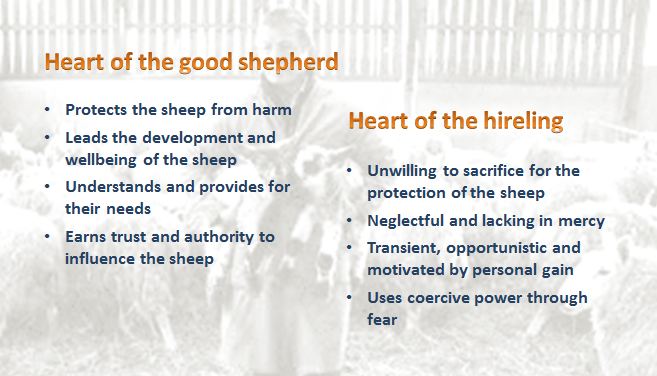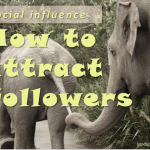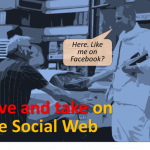Every now and then I encounter a compelling example of a great servant-leader. It happened again recently.
This year I attended a retirement party for 10 former colleagues I had worked with for many years. As you might imagine, it was a bittersweet event. It was also a classy sendoff sponsored by the management team.
It included a ceremony recognizing each person’s service and accomplishments. Each had the opportunity to share favorite memories and to acknowledge significant peers and managers who had influenced them over the years.
One parting worker thanked the leadership team for making the event a celebration, rather than a wake. I saw many nods of agreement.
Before the event, I had a chance to talk with the Vice President of the group. I’d worked for him also and stayed in touch after I left the company. Like other organizations, it had responded to the down economy with all-to-frequent headcount reductions. He explained to me how this one came to be:
“When they told me I needed to cut 10 from my staff, I asked if I could do it my way this time. I proposed we offer voluntary retirement packages to those eligible. They agreed.
“This time everybody is leaving on their terms. With dignity. It’s a more humane outcome.”
This is a great example of a leader using his influence to serve the interests and wellbeing of those he leads. His action will have lasting impact on both those leaving the fold, and those who remain.
The modern day idea of servant leadership was first put forth by Robert Greenleaf in 1970. In an essay titled The Servant as Leader, he said:
“The servant-leader is servant first. That person is sharply different from one who is leader first, perhaps because of the need to assuage an unusual power drive or to acquire material possessions.”
This definition reminds me of a leadership parable in the bible.
The good shepherd and the hireling
Many who study principles of influence refer to the parables of the good shepherd found in the book of John. One passage says, “The good shepherd gives his life for the flock. But a hireling leaves the sheep when the wolf comes. He flees because he doesn’t care about the sheep.” (John [10:11])
In the context of the times, caring for and protecting sheep was critical to the livelihood of the shepherd. Sheep were the source for wool, an important commodity then. David, who became king of Israel, risked his life to fight and kill a lion that attacked his father’s flock.
Contrasting the heart motives of the good shepherd to the hireling draws strong parallels to influence in any situation today.
A common thread in this parable and the story I shared is empathy. Influence and empathy go hand-in-hand. They not only create better working relationships, they are important to business success.
The business case for empathy
Leading with empathy is more than being nice or likeable. It has real, measurable benefits to your business. In general, empathic leadership creates:
- Better teamwork, where all members feel included in the process and outcome
- Higher motivation, where members are willing to go the extra mile to reach goals
- Deeper trust between leader and followers
- Earned authority – when you serve, others will serve you
Empathy is one of the important characteristics in measuring emotional intelligence (EI) of influencers. Much research has been done showing that leaders with high emotional competency contribute to the bottom line. Among several studies, businesses found:
- EI-Trained managers realized measurable increases in productivity
- Among top level executives, star performers ranked higher than average performers in emotional competencies
- EI is a better indicator of success than IQ or previous related experience
Servant leadership is not for the faint hearted. It takes courage to fight on behalf of your flock when the wolf comes. Others may judge your empathy to be a sign of weakness. But not only does it lead to more humane outcomes, it also leads to better business outcomes. It is the ultimate form of social influence.













Speak Your Mind